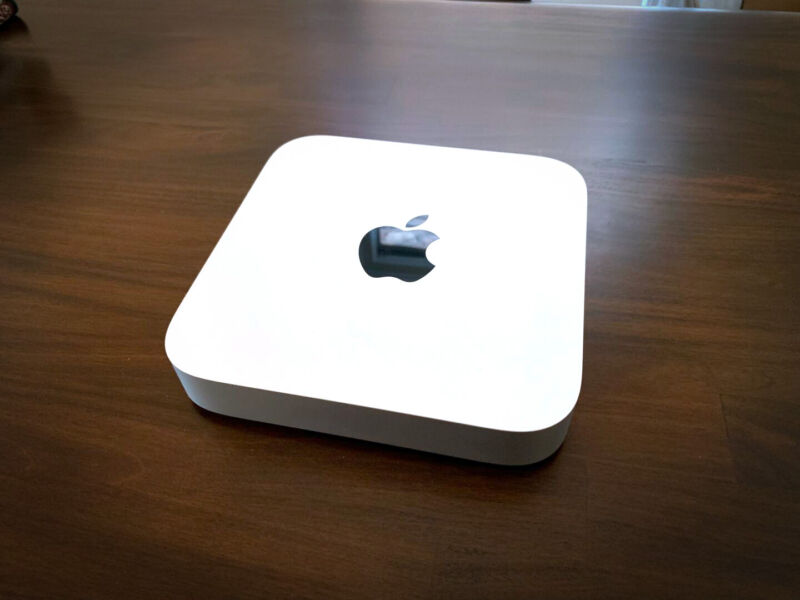
Samuel Axon
Microsoft has released a new version of source-code editor Visual Studio Code that runs natively on Apple Silicon Macs like the MacBook Air, MacBook Pro, and Mac mini models with Apple M1 chips.
The change came in Visual Studio Code 1.54 (now 1.54.1 thanks to a bug fix update), which is available as a universal 64-bit binary, as is standard for apps with Apple Silicon support. That said, Microsoft also offers downloads for x86-64 and Arm64 versions specifically, if desired.
There are no differences in features between the two versions, of course. And the non-Apple Silicon version worked just fine on M1 Macs previously via Rosetta, but Microsoft says M1 users can expect a few optimizations with the new binaries:
We are happy to announce our first release of stable Apple Silicon builds this iteration. Users on Macs with M1 chips can now use VS Code without emulation with Rosetta, and will notice better performance and longer battery life when running VS Code. Thanks to the community for self-hosting with the Insiders build and reporting issues early in the iteration.
Other key features in Visual Studio Code 1.54 include the ability to retain terminal processes on window reload, performance improvements in the Windows version, product icon themes, improvements when viewing Git history timeline entries, and various accessibility improvements.
This is the latest in a slow march of productivity and power user apps that have launched native Apple Silicon versions, such as Adobe Photoshop. But many popular apps are still not native, including Visual Studio Code’s IDE sibling, Visual Studio 2019 for Mac.
However, native Apple Silicon support is expected to come to Visual Studio 2019 for Mac with .NET 6, which is expected to ship in November. The first .NET 6 preview was distributed last month.
Many makers of development and creative production software have committed to releasing Apple Silicon versions of apps, including Adobe and Unity. But others, like Autodesk, haven’t made much noise about Apple Silicon support yet.
Apple is expected to shift its entire Mac lineup to the new architecture by the end of 2022. Reports citing people familiar with Apple’s plans have indicated that more Apple Silicon-based MacBook Pros are coming this year, as well as significant redesigns for both the iMac and MacBook Air, which will also have Apple Silicon chips.
